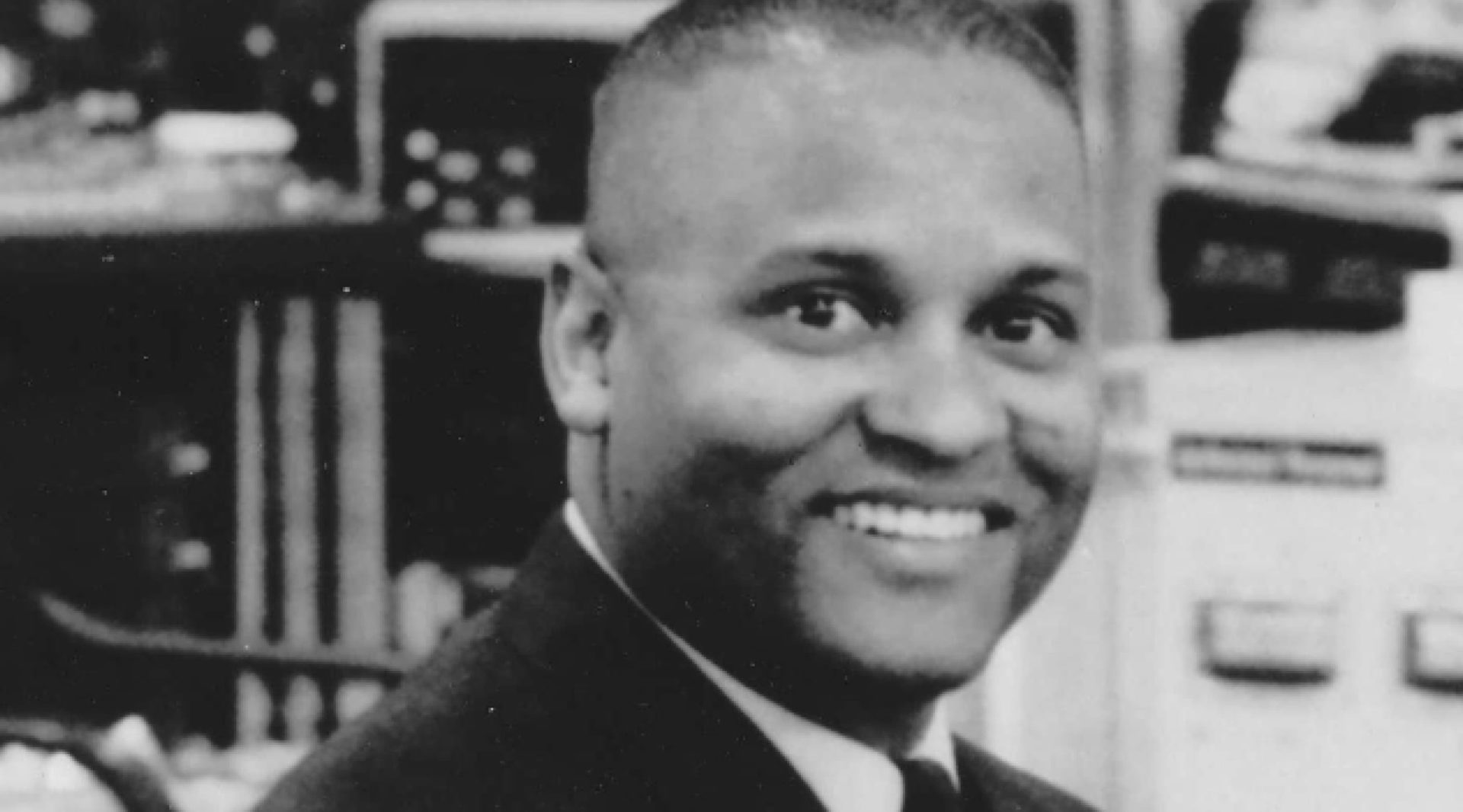By Toney Spruell, PA-C, Lead Advanced Practice Clinician, Abrazo Arrowhead Campus, Glendale, Arizona
Every day as an emergency department physician assistant, my 23 years of military experience positively impact my work in different ways.
Two ways stand out the most. First, I gained a wealth of knowledge and healthcare experience while serving. Second, I was taught leadership, supervisory and communication skills in military leadership academies throughout my years.
My healthcare experience
I enlisted in the U.S. Air Force in 1981, and I began my career as a medic focusing on orthopedics.
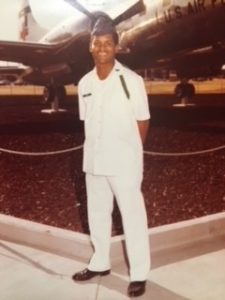
I soon began working with newborns and neonatal intensive care. I was the first Air Force medic to be certified in neonatal transports, a position typically reserved for nurses. I was chosen by two neonatologists and a pediatric cardiologist to perform sudden infant death syndrome (SIDS) research. At this time, I obtained my nursing license.
Advancing my training
I was selected to attend a specialized, rigorous Independent Duty Medical Technician (IDMT) school. I was one of about 250 medics in the Air Force with IDMT training. We were certified to treat active duty and civilian personnel at remote locations around the world where there were no physicians, nurses or hospitals. Our training allowed us to be the sole provider and perform physical exams, run labs, dispense medications, perform water testing and food facility inspections, administer immunizations, take X-rays, perform minor surgeries and place temporary fillings in teeth, amongst many other responsibilities.
The training opened up a lot of opportunities for me. I was reassigned to Hessisch-Oldendorf, Germany, where I was one of five IDMTs working in a clinic. We supported personnel who worked at two mobile tactical radar sites. We were also utilized to deploy to remote European locations when there was a need.
Growing in my practice
I was reassigned to Bitburg Air Base, Germany, and I worked in the emergency department and later became the Noncommissioned Officer in Charge (NCOIC) of a pediatric clinic. I was deployed to Africa to provide humanitarian aid to the local population in nine different villages.
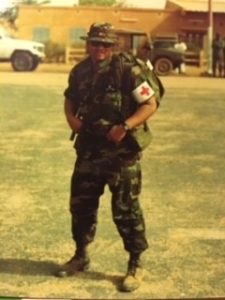
Then, I was deployed to Aviano Air Base, Italy, in support of Operation Deny Flight.
Following eight years in Germany, I was reassigned and returned to the United States. I worked in an emergency department, medical/surgical inpatient unit and surgical clinic. I received additional specialized training in esophageal motility studies.
I grew as a clinician and gained broad healthcare experience.
My leadership skills
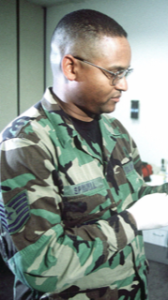
My next deployment was to Taif, Saudi Arabia, in support of the U-2 Spy Plane mission. I returned to Germany and worked in a small clinic. I became NCOIC of the clinic and supervised 40 medical personnel. During this assignment, I was also selected to assist with standing up the military’s first Contingency Processing Center to and from Bosnia-Herzegovina during the Bosnian War.
In my final assignment with the Air Force, I returned to Sheppard Air Force Base where I had completed my basic training and started my career many years before. I worked as superintendent of the Medical Operation Squadron’s Surgical Flight. I oversaw the operations of eight surgical subspecialty clinics.
Carrying forward my leadership experience
In the Air Force, I worked with people of all ranks and positions for 23 years. I collaborated with and supervised people of all ages with diverse backgrounds.
The combination of my military healthcare experience and my leadership skills have been very helpful to me as a physician assistant. When I retired from the Air Force and began studying at Texas Tech University to become a physician assistant, I felt prepared. It still wasn’t easy, but I was prepared, and, for that, I am grateful.
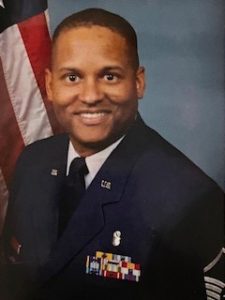
Remembering veterans through generations
Veterans, it was an honor to serve with you in preserving our freedom. I have been to places around the world that not only make me proud to be an American, but also remind me of how fortunate we are to live in this great nation.
We honor our veterans for the sacrifices they have made throughout many generations. Their sacrifices made it possible to enjoy our freedom today.
Many people have served and died since the first observance of Veterans Day, originally Armistice Day. It is an honor to remember all of those who have served. We should never forget the 11th hour of the 11th day of the 11th month of 1918 when people celebrated the end of WWI. We must never forget our veterans!
TeamHealth Veterans Employee Resource Group
TeamHealth’s Veterans Resource Group honors our employees who currently serve or previously served in the military, as well as military spouses and family members. We work to recruit veterans and support them in the transition from military service to civilian employment. Click here to learn more about the Veterans Resource Group.
